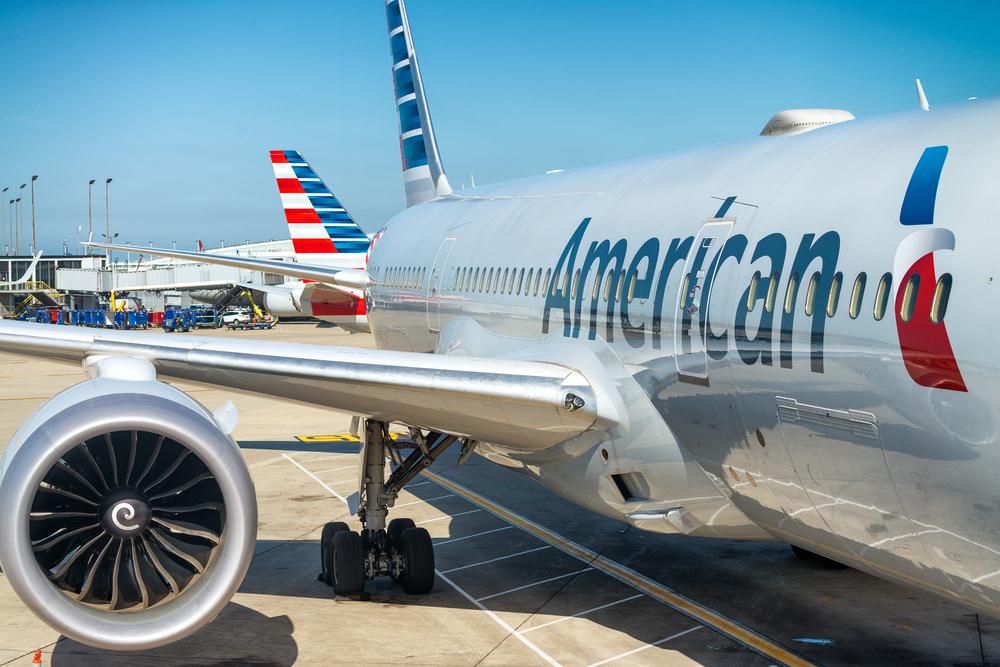American Airlines (NASDAQ:AAL) posted its first-quarter results on Friday, citing the impacts of the grounding of Boeing’s 737 MAX planes.
Headquartered in Fort Worth, Texas, it is the U. S’s leading airline based on passenger traffic.
The company has estimated that the grounding of its Boeing 737 MAX fleet will impact its 2019 pre-tax earnings by roughly $350 million.
American Airlines also revealed a first-quarter pre-tax profit of $245 million, as well as a first-quarter net profit of $185 million.
“As we progress toward the busy summer travel period, demand for our product remains strong. However, our near-term earnings forecast has been affected by the grounding of our Boeing 737 MAX fleet, which we have removed from scheduled flying through Aug. 19,” Chairman and CEO Doug Parker commented.
American Airlines also said that it expects its fuel expenses for the year to increase by $650 million as a result of the rising oil prices.
“We presently estimate the grounding of the 737 MAX will impact our 2019 pre-tax earnings by approximately $350 million. With the recent run-up in oil prices, fuel expenses for the year are also expected to be approximately $650 million higher than we forecast just three months ago,” the CEO of American Airlines continued.
“As we look forward to 2020 and beyond, we anticipate that our free cash flow production will increase significantly as our historic fleet replacement program winds down.”
The fatal Boeing 737 MAX crash caused the grounding of the fleet worldwide. Following two crashes in five months, airlines and government across the globe grounded the model in March 2019.
American Airlines is not the only carrier to be hit by the costs. Last month, travel company Tui (ETR:TUI1) warned on the impacts the grounding of the Boeing 737 MAX fleet may have on its profits, stating that it may cost it as much as £252 million.
Boeing (NYSE:BA) saw its own shares fall following the crash of the Ethiopian airlines Boeing 737 MAX. The company said that the global grounding of the planes will cost it over $1 billion.

